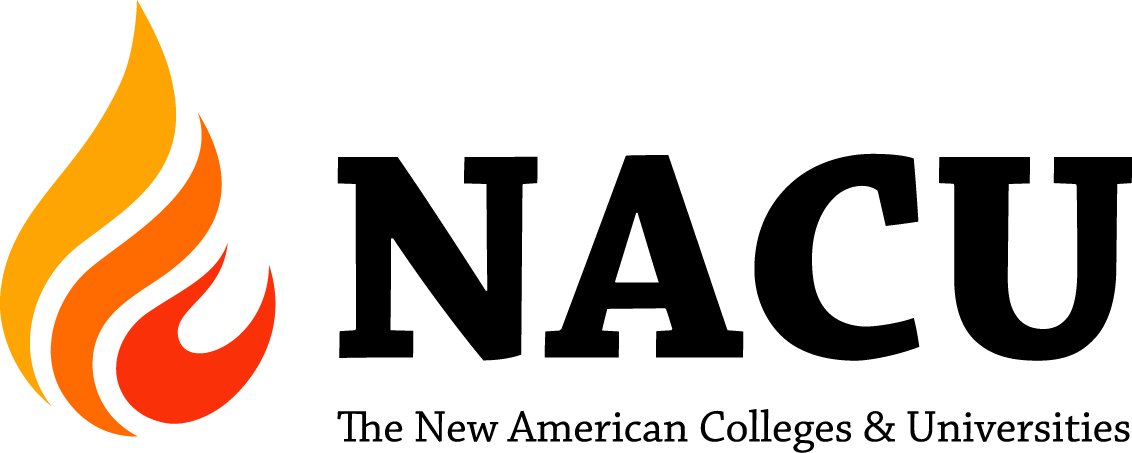Writing to Reach You
/Those of us who believe in and espouse the merits of a liberal education are often products of one. When forced to describe the composition and merits of said approach to education, though, we often fall back on squishy platitudes: “breadth and depth,” “inquiry,” “critical thinking,” “active reading” are all phrases we employ to try to describe something that we all believe in, but can’t quite put our finger on. I’m not going to engage here in an attempt to define it, but AAC&U, one of the staunchest institutional supporters of liberal education, tries here; I have quibbles, but it will do.
From my own experience as a product of a liberal education, what I valued was all of what I listed above: I took courses in a bunch of different stuff that didn’t necessarily have anything to do with my major, but I also wrote a senior thesis that went deep into one topic; I asked a lot of questions, some of which were dumb, but that’s kind of the point; and, I took a ton of notes while reading, so that I was really engaging with the material.
What I also did a ton of, though, was write. I wrote short essays, long essays, and that damn thesis (that went well over 100 pages; I had an indulgent adviser). The writing is where all of the above was brought together: it was where my thinking was made manifest, where I had to make the connections that were only in my head, and where I had to answer those questions, dumb or not. Even if the questions were dumb, the answers couldn’t be: the answers had to be rational, well-supported, and contextualized.
This article detailing a recent AAC&U study indicates that the answers part is where we seem to be falling down on the job in educating students:
Regarding critical thinking, students tended to explain issues well and present related evidence. However, the study says, students have more trouble “drawing conclusions or placing the issue in a meaningful context (i.e., making sense out of or explaining the importance of the issue studied).”
One of the questions I would always ask out of my students when I taught writing was, “So what?”. I asked this partly because I’m can be kind of a jerk, but I also asked it because I wanted to succinctly demand of students why I should care about their answers: what am I going to learn, be convinced of, changed by their writing? This is what I think I got out of a liberal education: that I can ask questions all the livelong day, but if I don’t attempt to answer them, communicate those answers(likely through writing) to others, andexplain to those others why I’m right and what that new rightness all means, then it doesn’t really matter that much.
The next piece then is to be receptive to those other people coming back and asking me (ideally not dumb) questions about my answers and starting this wonderful loop of questions and answers that begets knowledge, understanding, and insight. I also feel like we’re not very good at teaching students that next step of how to be receptive to questions. I think too often we teach writing (and by extension critical thinking) as an end to itself, rather than teaching students about that loop. The loop is the fun (and scary and sometimes ego-damaging) part, and the loop is what is great and important about education.
(Sometimes I title posts with a song lyric, which was a procrastination technique my senior year in college, where every title of an essay was a song lyric; this one is from the band Travis.)



